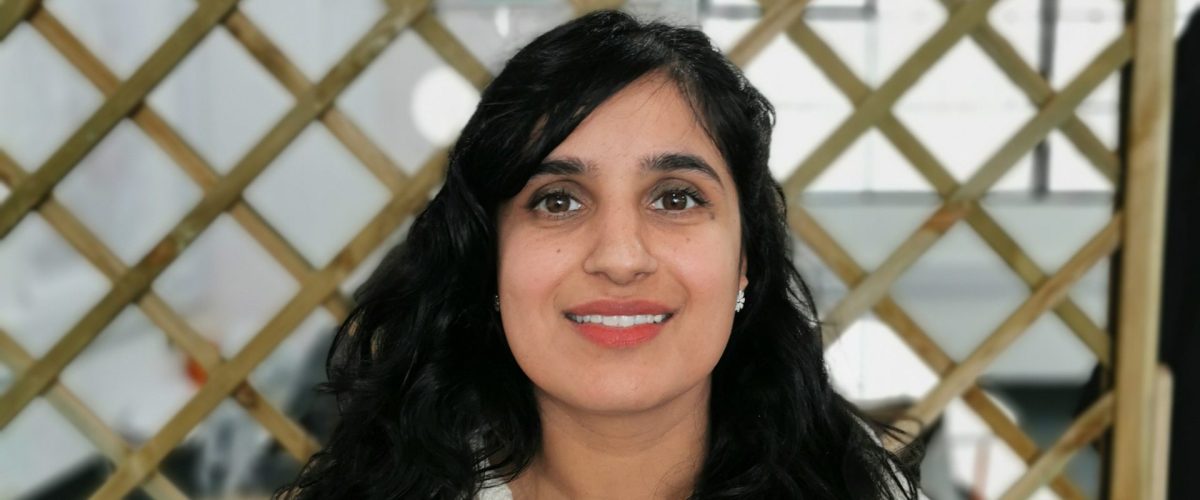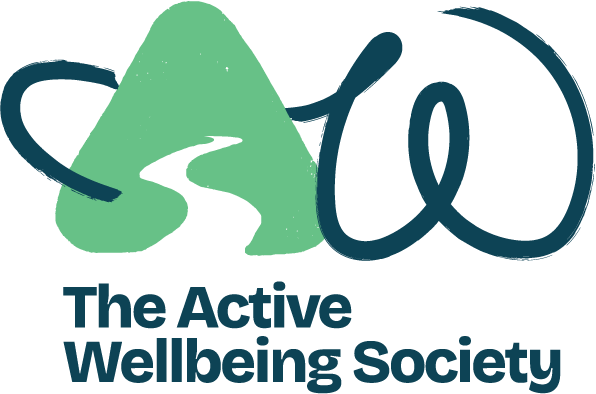
Naeed
Naeed works as a Senior Social Prescribing Link worker in south Birmingham.
Social Prescribing provides people with alternative ways to meet their own emotional and mental health needs. Linke workers meet people in health centres and community spaces to support them in their efforts to become more active and more socially connected.
Naeed describes how she works with people to identify what is most important to them and start solving some problems. She also gives examples of how services have changed or grown through dialogue with service users.
Tell us about a time you co-created with people
We heard from carers “we’re the forgotten people, we’ve had no support in lockdown and we want some support.”
I said, “OK, what time would be best for you?” They replied, “We want a drop in the afternoon, because in the morning we’re too busy caring for family members.
They just got a space to talk. Time off from caring for the people they care for. They shared their priorities, they wanted financial support, some counselling.
Lots of carers don’t get their health checks or vaccinations done, because it’s hard for them to get an appointment in the surgery. We were able to share arrange for the carers to see a nurse at a time which suited them.
Would you believe it also led to a men’s counselling group? There were five men that would come each week and they would just sit there offloading about how much they struggle caring for family members. I stayed quiet and all they did was support each other. We would have some tea. We had someone from Birmingham Carer’s Hub come in and share information.
There’s no way you can do something without involving anybody, especially the people that you’re supporting. They need to be involved and I feel like they pretty much steered the service.
What steps do you take to co-create with people?
Connecting: I think first of all it starts with connecting. You have to build up your rapport. You have to build that relationship. It’s a key part of getting people to the table to be involved in the conversation.
Offering space to think: Sometimes people can be in a rut and not realise. We give space to reflect and think where they want to go with their life.
Asking: We ask; What is it that matters to you most at this moment in time? What is it that you want in life? What’s important to you?
Listening: We let the other person lead the conversation and then we try and support them.
Problem solving together: It’s the patient’s life and they’re the one living it, so we ask, “What’s the first thing that you want to focus on?”
Bringing many perspectives in: The more perspectives, the more experience you’ve got around the table, the better that service is going be
Giving it time: We support some patients for longer than others, it takes as long as it takes
Adapting and doing things differently Co-production is huge part of how we deliver our service. Even, in our team meetings, we are always reflecting on feedback and changing our processes and how we do things. We’re always doing that is important.
What difference do you think it makes?
People make their own choices
For patients the benefits depend on what they’re trying to achieve. For people who are lonely, the impact is that they make friends. For a diabetic person, the benefit is that their sugar levels and weight go down. Ideally, it’s a shift towards people being in charge of their own health.
People feel more agency in their lives
When people are unwell, they often ask “what do I need to do?” because they think that doctors have all the answers, but they don’t. Instead, we ask people “What do you think we should do.” It builds people’s self esteem and gives them their power back. That’s how it starts. And then over time, once they’re a bit more empowered, you can see a shift in in the way they carry themselves, their confidence and the way they’re able to understand themselves.
So it improves overall wellbeing, because if you tell someone what to do and how to do it, you’re not really helping them. So it’s important that there are equipped with the tools and resources to look after themselves.
More views, means more knowledge
I think it’s important to make sure that you involve people in decisions. If you don’t then it’s pretty much all about you, why you think this works and how you think it should be. If you’re not involving other people, or listening to them, it’s not how it’s going to work. You know you’re going to get zero attendees. You’re gonna have zero impact.
The more views, the more lenses, the more more perspectives, the more experience you’ve got around the table, the better because that service is going be outstanding.

